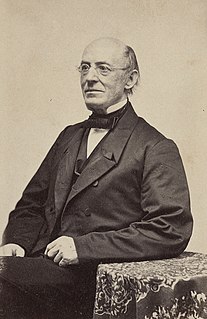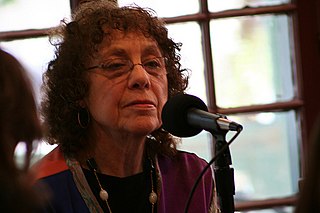A Quote by Abraham Lincoln
The people know their rights, and they are never slow to assert and maintain them, when they are invaded.
Related Quotes
My own life values were shaped in great part by my mother, who instigated women's clubs in my village. Women were able to organize and stand together. What inspired me most about their work was the power it gave them to assert their rights and the rights of their daughters, be it education or property inheritance.
We are bound to maintain public liberty, and, by the example of our own systems, to convince the world that order and law, religion and morality, the rights of conscience, the rights of persons, and the rights of property, may all be preserved and secured, in the most perfect manner, by a government entirely and purely elective. If we fail in this, our disaster will be significant, and will furnish an argument, stronger than has yet been found, in support of those opinions which maintain that government can rest safely on nothing but power and coercion.
I like pacifists and people who have a heavy emotional identification with deathism and war would probably call me a pacifist, but I am a non-invasivist rather than a non-violentist. That is, I believe that an invaded people have the right to defend themselves by any means necessary. This includes putting ground glass or poison in the invaders' food, shooting at them from ambush, sabotage, the general strike, armed revolution, etc. It's up to the invaded to decide which of these techniques they will use. It's not up to some moralist to tell them which techniques are permissible.































